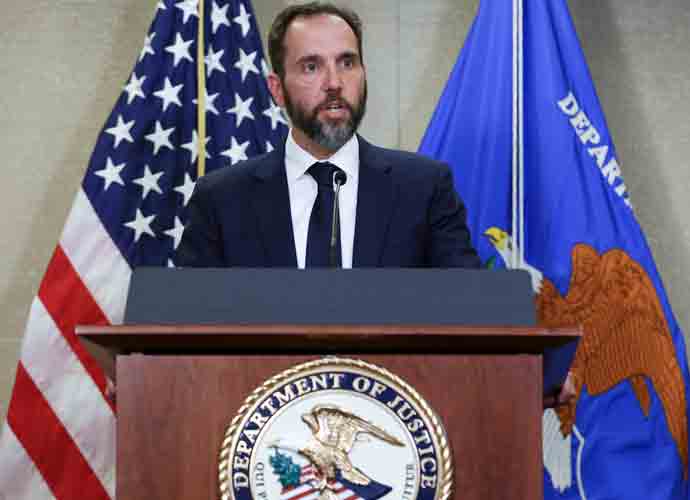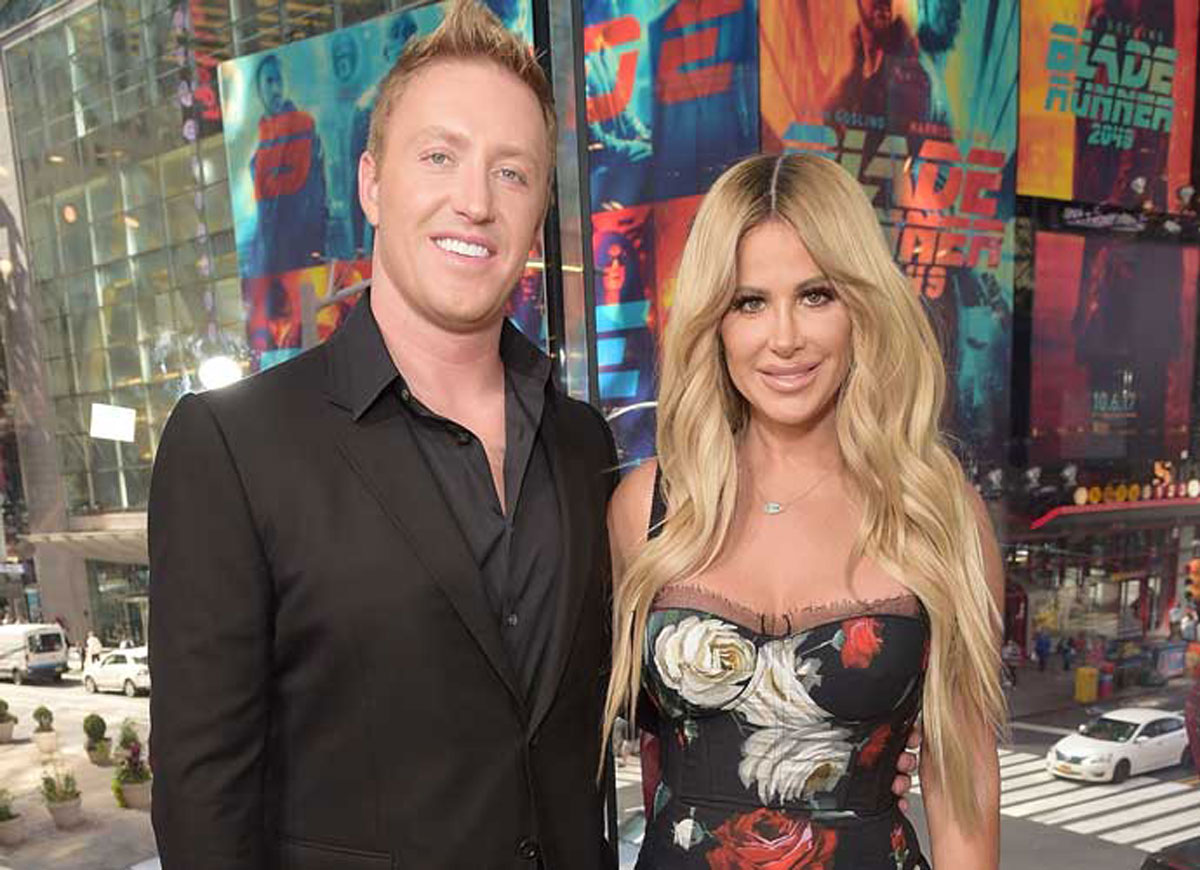Special Counsel Jack Smith Asks Supreme Court To Deny Trump’s Immunity Claim
In a new court filing, Special Counsel Jack Smith urged the Supreme Court to deny Donald Trump claim of presidential immunity and any opportunity to delay a trial on charges alleging the former president’s efforts to overturn the 2020 presidential election.
Trump has argued that, if a limited form of immunity for former presidents exists, it would require lower courts to explore how it may be applied to his case. If the justices agree, it could significantly delay the start of his trial.
“The Framers never endorsed criminal immunity for a former President, and all Presidents from the Founding to the modern era have known that after leaving office they faced potential criminal liability for official acts,” Smith said.
Smith went on to note that the Constitution does not give the president a role in certifying the election of his successor, thus, Trump’s actions were part of “a private scheme with private actors to achieve a private end: petitioner’s effort to remain in power by fraud.”
Subscribe to our free weekly newsletter!
A week of political news in your in-box.
We find the news you need to know, so you don't have to.
In a March filing, Trump also suggested the justices could help him achieve a delay until after the presidential election in November, in which he is currently the Republican frontrunner.
Should they agree, the justices could send the case back to lower courts for more proceedings to stall the trial for a few months. Smith argued that, even if the court were to find some merit to Trump’s immunity claims, a trial focused on the former president’s private efforts could begin.
“Even if the court were inclined to recognize some immunity for a former president’s official acts, it should remand for trial because the indictment alleges substantial private conduct in service of petitioner’s private aim,” Smith told the Supreme Court.
Smith also addressed a previous argument from Trump about whether the charges brought against him applied to former presidents.
“[Trump] suggests that unless a criminal statute expressly names the president, the statute does not apply,” Smith said. “That radical suggestion, which would free the president from virtually all criminal law — even such as bribery, murder, treason and sedition — is unfounded.”
Get the most-revealing celebrity conversations with the uInterview podcast!







Leave a comment